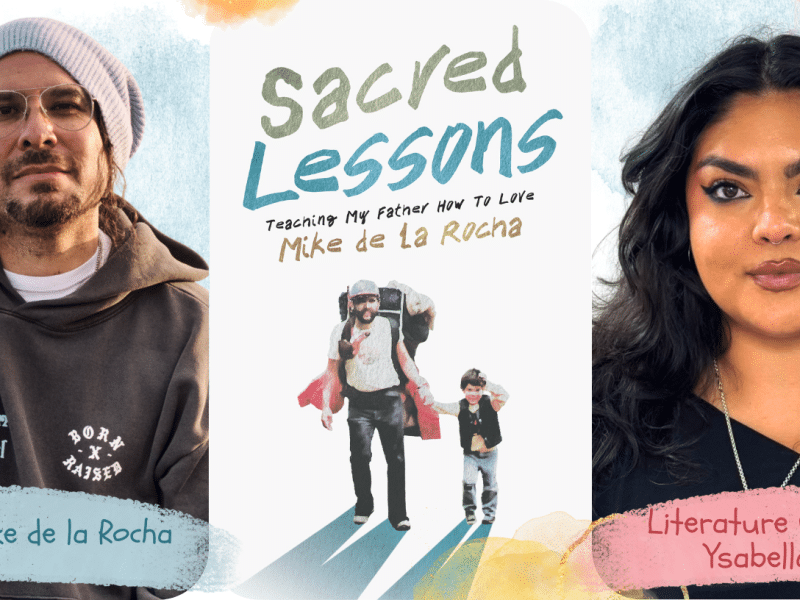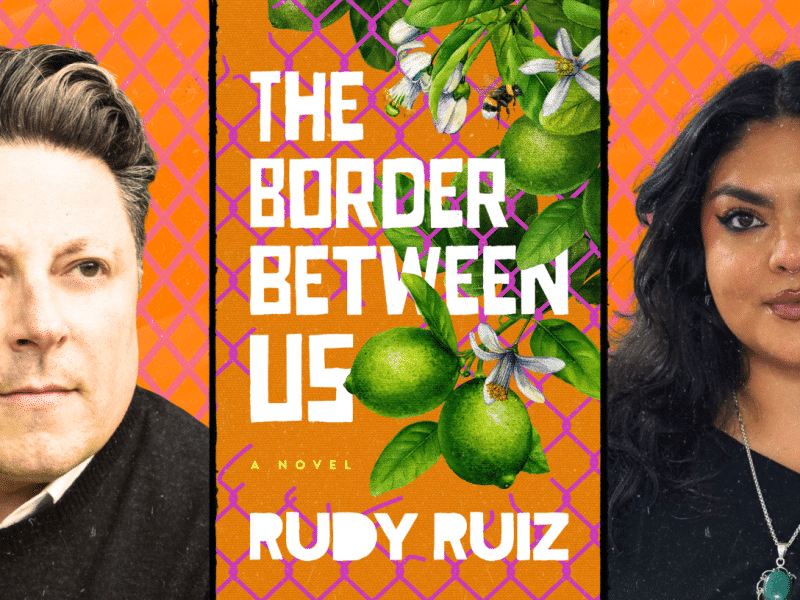Cardi B’s ‘WAP’ Tsunami Washes Out Critic’s Double Standards
Hip-Hop artists Cardi B and Megan Thee Stallion made music herstory this week as their newly sex-positive single “WAP” (Wet Ass Pussy) is the first female rap collaboration in history to debut to No. 1 on Billboard Hot 100 chart.

Hip-Hop artists Cardi B and Megan Thee Stallion made music herstory this week as their newly sex-positive single “WAP” (Wet Ass Pussy) is the first female rap collaboration in history to debut to No. 1 on Billboard Hot 100 chart.
Cardi B continues to ride her “WAP” wave with a front cover feature on Elle magazine “The Politics of Being Cardi B” where she sat and spoke with Democratic Presidential Nominee Joe Biden. New York U.S. Representative Alexandra Ocasio-Cortez (AOC) also flipped the script tagging “WAP” as “Women Against Patriarchy” after Cardi encouraged her to run for president when she turns 35. This comes weeks after Florida U.S. Representative Ted Yoho confronted and called AOC a “fucking bitch” on the Capitol steps for her stance on crime and policing.
From a classic hip-hop era junkie and feminist point of view, however, I wasn’t so impressed with the song upon first listen. But then the song was followed with the extreme demonization from conservatives and prominent male entertainers. For example, California U.S House Candidate James P. Bradley said, “Cardi B and Megan Thee Stallion are what happens when children are raised without GOD and without a strong father figure,” while GOP pundit Ben Shapiro dedicated his online show mimicking and ridiculing “WAP” as “vulgar” and later stated on Twitter his that his doctor wife’s diagnosis of WAP was “bacterial vaginosis, yeast infection, or trichomonas.”
Hip hop artist Cee Lo Green, originally from Atlanta’s legendary rap group Goodie Mob, contextualized “WAP” as an example of the “shameless” and “sheer savagery” of today’s music—a statement he later apologized for. These double standard statements made me take a step back to look at the bigger picture of why there was such an unjust amount of controversy aimed at these women rapping about their sexual fantasies and their physiological response to it, their WAP.
The “WAP” music video also broke records reaching 93 million U.S. streams, the most for any song in an opening week. This is the first single Cardi B has released in the nine months after she took time off from her “Invasion of Privacy” debut tour to raise her first newborn daughter Kulture. This success also comes to Megan Thee Stallion’s delight as it’s her second No. 1 Billboard Chart hit after “Savage Remix” featuring Beyoncé. Stallion’s triumph comes as a form of vindication soon after she was shot in both her feet by Canadian rapper Tori Lanze back in July in front of a Los Angeles residence, which was followed by internet bullying and ridicule due to its outlandish circumstances.
My first impression of the video was that it was a hit. Cardi B and Megan Thee Stallion produced a pop-stardom level music video reminiscent of Michael Jackson’s music video showmanship from the 1980s. From the surreal Disney-like mansion to imported European fabrics, exotic high-fashion make-up and wardrobe, well-produced CGI’s, dance choreography, and cameos, ex-stripper Cardi B delivered an extraordinary music video performance that has impressed the world stage.
On the other hand, I didn’t immediately consider “WAP” my new favorite Cardi B song. It wasn’t layered with her notorious and unfiltered sound effects we have all grown to love. I found the beat to be simple, but I quickly recognized the DJ Frank Ski’s sample “Whores In This House” house remix from the 90s techno music days. The “WAP” concept did not surprise me coming from these trill women rappers notorious for their sexual prowess.
I was more ethically conflicted with them embracing the term “whore,” and found it to be self-exploitive. Growing up on 90s hip-hop, I grew up listening to female artists like Queen Latifah who brought down the house with the song anthem-like “U.N.I.T.Y.” dropping verses like “you gotta let ‘em know, you ain’t a bitch or a hoe.”
I was always motivated when listening to women rappers such as MC Lyte, J.J. Fad, Salt-N-Pepa, Yo-Yo, Hurricane G, Ladybug Mecca, Missy Elliot, Eve, TLC, and Lauren Hill who fought hard to be respected as artists in a male dominated-music scene charged with misogynistic lyrics. They dropped bars, beats, lyrics, and metaphors. They stood on a moral high ground, were tough, respectable, catchy, creative, and loving all at the same time – essentially our mothers. That wasn’t asking for much, was it?
That’s not to say I didn’t feel greatly satisfied with the vengeful clap-backs from Lil’ Kim, Trina, and Foxy Brown, who weren’t afraid to whip men back in their place with their ferocious demeanor and unfiltered raunchy sexually explicit lyrics. Yet, my expectation of female hip-hop artists was that they had to miraculously rise above what they were being subjected to, with minimal collaborative help or public consumption.
At clubs and college parties, however, I had no problem dancing and singing along to Snoop Dogg’s Doggystyle track, “Ain’t no fun (If the Homies Can’t Have None)” about losing respect for women if they had sex, calling them tricks, bitches, groupies, and hoes. I mean, they weren’t talking about me after all, right?
Throughout my life, I have consumed and supported hip-hop music from hundreds of male hip-hop artists from all over the world. We have all grown to accept their sexual escapades and desires as part of the craft. Many wouldn’t have much to rap about if it weren’t about their sexual ambitions. Without a flinch, we’ve all watched and gawked at hundreds of rap music videos where Black women are hypersexualized, capitalized on, and silenced. After all, it’s America and sex sells.
From personal experience, I was raised by a hard-working Mexican immigrant single mother in Los Angeles, and understand how hard it is in marginalized communities for women of color to economically scale-out of America’s racist caste system. The financial pressure is doubled with America’s disproportionate policing, incarceration, and killing of Black and Latino men eating away at the family structure. So, the bottom line is that if there is a demand for women to play a specific role, there will be a supply.
Now here comes Cardi B and Megan Thee Stallion throwing a wrench in the music industry with “WAP.” Since the release, the track has gone RIAA Certified GOLD, selling over one million units in the country in less than 8 days, and debuting No. 1 on the Digital Song Sales chart with the biggest sales week of 2020. Using their magnetic raspy and stealthy voices, they took back possession of their own body image, freely expressing their sexual appetite, and are now laughing all the way to the bank. Putting their money where their mouth is, the powerful duo is giving back to women by partnering with Cash App and Twitter for a $1 million #WAPParty giveaway to honor female empowerment. I’ll never look at “macaroni in a pot” the same again.
In an oversaturated music industry bombarded with social media self-promotion, women hip-hop artists are still tokenized and pinned against each other every time a new girl starts to climb up the ranks. “WAP” is evidence that women’s collaboration is a key ingredient to survival and success in a male-dominated industry. Not only did Cardi B collaborate with the upcoming Megan Thee Stallion; but she also generously shared her platform with other women rap artists, highlighting Mulatto, Sukihana, Rubi Rose, and Normani, helping them to launch into the mainstream market.
From an industry professional perspective, it’s important for women to be exposed to and understand the business of music and media production to be successful. Ideally, the more experience a woman has, the more likely she’ll be hired for higher paid projects. The more accolades, money, and equity these women can accumulate, the more likely they can be in positions of decision-making power.
So who is anyone to knock down a woman’s hustle? This hypocrisy in the backlash deeply recalibrated my opinion of “WAP.”
In a white patriarchal Christian-based American society where a woman’s sexuality is repressed, it’s not surprising only 25% of American women experience an orgasm. It’s no surprise that the politician who called AOC a “fucking bitch” is from the group of conservatives who called Cardi B godless and show blind allegiance to Donald Trump who has been accused by at least 25 women of rape and sexual misconduct.
It’s no surprise that in a society where rape culture is prevalent, the murder investigation of Fort Hood soldier Spc. Vanessa Guillen has been poorly conducted, while Cardi B’s lubricated consensual vagina is a threat to American moral standards. Nor is it any surprise that in a capitalistic society built on slavery and conquest, that Black and POC men and women are pinned up against each other fighting for power and resources.
Nor is it any surprise that in a country that has only allowed women to vote for the past 100 years, that the first Black female vice presidential nominee, Senator Kamala Harris, has been called too ambitious and has been overshadowed by Black female entertainers in the news.
The fact remains that as women, we have to keep supporting each other despite our flaws and imperfections in order to stand together for gender and racial equality. So, while people stand on their soapbox and judge a woman because she makes money rapping about her WAP, jump on the Gram, and pay attention to her message calling for justice for Breonna Taylor.
Yet, despite people still criticizing Cardi B’s vernacular and her background as a stripper, I still look at her as a role-model and a case study of someone who always held a higher vision of herself, despite the circumstances she was born into. She is someone with a generous heart who has used her fame and platform to help others climb the ranks of her industry and to voice her political concerns for the future.
In order to elevate, we as women have to listen and accept each other’s differences. Yes, I am now an ardent “WAP” enthusiast and have joined the movement. But I will never accept being called a bitch, trick, or a hoe by anyone.



